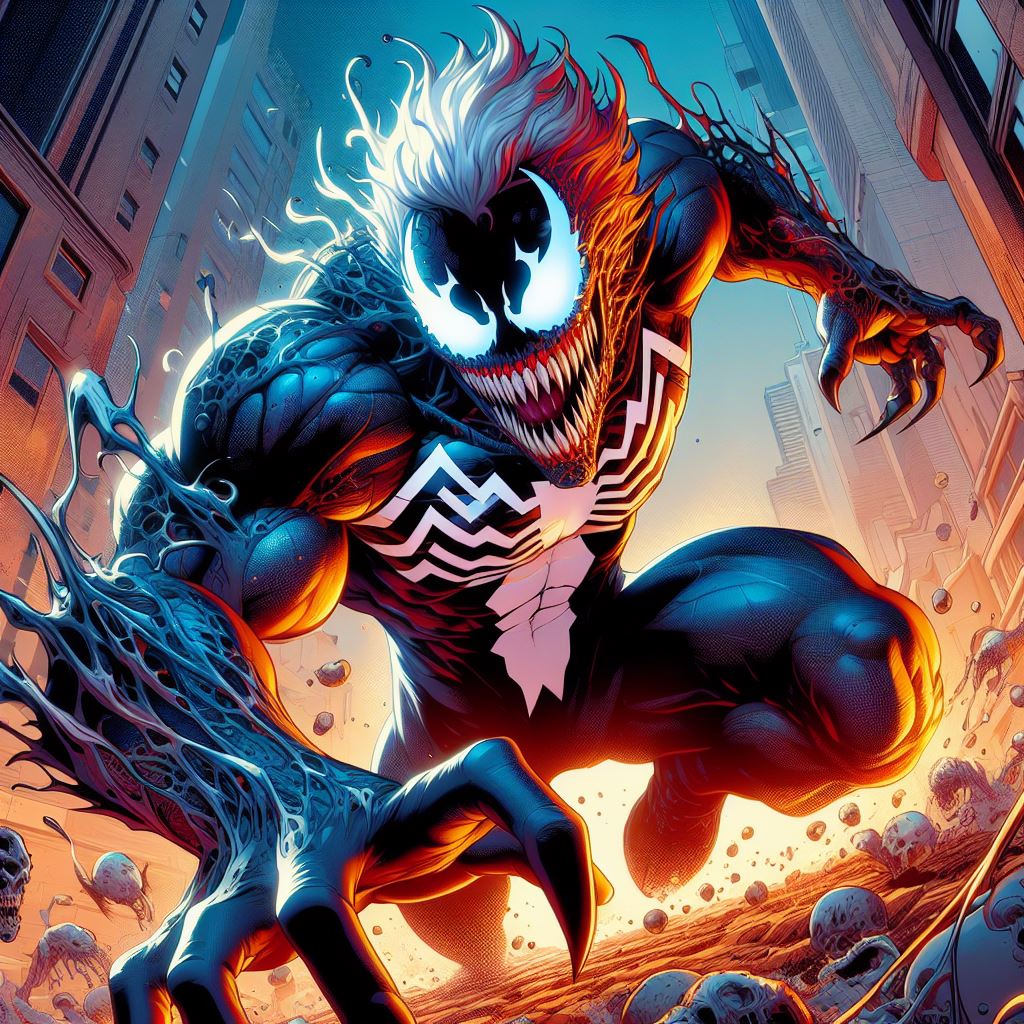The Marvel Cinematic Universe (MCU) has expanded dramatically since its inception in 2008, leaving fans to wonder – what is actually considered Canon?
The MCU Canon refers to the films and TV shows that are officially part of the shared Marvel universe created by Marvel Studios. This includes all of the films and shows produced by Marvel Studios starting with Iron Man in 2008 up to the present.
Let’s break down what counts:
The Core Films
The central canon is the 23 films of the Infinity Saga, from 2008’s “Iron Man” to 2019’s “Spider-Man: Far From Home.” These core films introduced major characters like Iron Man, Captain America, Thor, Hulk, Black Widow, and Hawkeye, while featuring recurring cross-over appearances. For example, Iron Man appears in “Thor” or Hulk joining the Avengers. This interconnectivity is crucial to understanding these 23 films as the backbone of the MCU canon.
Marvel Studios TV – The Disney+ Shows
With Disney’s streaming service came TV shows directly produced by Marvel Studios, fully ingrained in the MCU. “WandaVision” picks up after “Avengers: Endgame” with Wanda Maximoff. “Falcon and The Winter Soldier” continues the story of Sam Wilson after Steve Rogers handed him the Captain America mantle. “Loki” follows the Asgardian trickster after he escaped with the Tesseract in “Endgame.” These shows seamlessly continue the MCU canon.
The Upcoming Phases
Future MCU movies and shows produced by Marvel Studios, like the upcoming “Avengers: Kang Dynasty,” are also guaranteed to be canon as they involve new characters like Kang, who was revealed in Antman Quantumania. As long as Marvel Studios produces it, it contributes to the ever-expanding MCU canon.
Non-MCU Marvel Films
However, Marvel films made prior to the MCU by other studios are not canon, like the Tobey Maguire “Spider-Man” movies produced by Sony. They feature characters like Spider-Man, but are unconnected to the MCU timeline and stories, standing alone as non-canon. The “X-Men” and “Fantastic Four” films made by 20th Century Fox also fall into this non-canon category.
However, there’s some technicality here. After the last Spiderman movie titled, Spider-Man: No Way Home, it’s clear that Tobey Maguire’s Spider-Man is also part of the MCU, particularly Spider-Verse, however, it’s not from the MCU’s sacred timeline. The timeline remains different however, the characters can trespass, depending on the writer’s mood.
Similarly, the upcoming Deadpool 3 is set to make previous X-Men movies relevant in the MCU. With the appearance of mutants, such as Wolverine, and other characters from The X-Men, the movie is already telling us more about the future of the MCU. However, one must note that these characters are not from the MCU’s sacred timeline.
The TV Grey Area
Pre-Disney+ Marvel TV shows have a questionable canon status. “Agents of S.H.I.E.L.D.” references the films but minimally crosses over. The Netflix Marvel shows like “Daredevil” and “Jessica Jones” have strong creative ties but zero direct crossover. While popular, their canon status remains murky.
In summary, the bedrock of MCU canon will always be theInfinity Saga films and current Marvel Studios projects. Outside media could potentially enter canon if directly referenced in future MCU installments. But for now, the parameters of the canon are clear – if Marvel Studios produces it, it’s canon.
